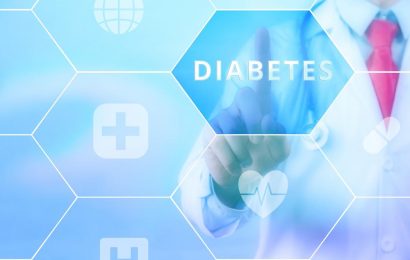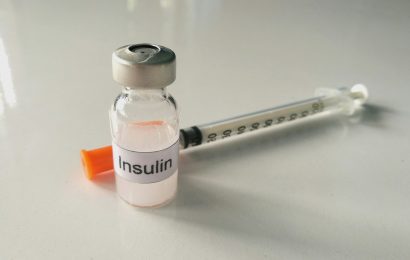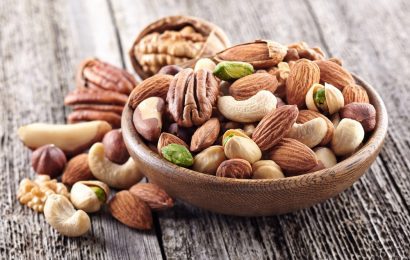According to studies, people with diabetes are three to four times as likely to have major depression than people in the general population. Why should this be?
John McManamy, author of Living Well with Depression and Bipolar Disorder,” says: “For many years it was thought that depression was a complication of diabetes, which may well be the case. More recent research, however, points to depression as a possible cause or trigger.
“A Kaiser Permanente study of some 1,680 subjects found that those with diabetes were more likely to have been treated for depression within six months before their diabetes diagnosis. About 84% of people with diabetes reported a higher rate of earlier depressive episodes.
“A 2004 Johns Hopkins study tracking 11,615 initially nondiabetic adults aged 48–67 over six years found that ‘depressive symptoms predicted incident Type 2 diabetes.’…Women, in particular are at greater risk, according to other studies.” And another study shows that this risk, among both men and women, persists even after controlling for weight, caloric intake, smoking, and economic factors.
What Causes Depression?
So does depression cause diabetes, or does diabetes cause depression? The reality is deeper than that. In my book, Diabetes: Sugar-coated Crisis, I argue that Type 2 diabetes and depression are best considered different symptoms of the same disease. This disease may go by the names insulin resistance, metabolic syndrome, or powerlessness.
In his book, Overcoming Depression, British psychologist Paul Gilbert writes that depression is a natural response to having a lack of power in your life. (Gilbert called another book Depression: The Evolution of Powerlessness.) Gilbert asks and answers the question, “Where does depression come from? What good does it do?” It must do some good, because it causes a lot of harm, and yet we still have it. Depression genes would be long gone from our gene pool if they didn’t help us in some way.
Gilbert’s answer is that “Depression keeps us out of battles that we know we cannot win.” Consider how a depressed chimpanzee or monkey acts: “downcast, nonthreatening, withdrawn.” This behavior may feel terrible, and it may keep the chimp from getting much food or any mates. But it will keep him or her from getting beaten up by more powerful chimps. When you lack power, depression can save your life. And if depression keeps you out of losing battles, what about being sick? That will keep you on the sidelines, depressed and frustrated, perhaps, but safe.
So the less power you have, the more likely you are to be depressed and to have Type 2 diabetes. As I explain in my book, power can come from resources (like money, education, living in a good neighborhood), from support (the help of friends, family, professionals, congregation, others), or from self-concept (self-confidence, self-esteem, having positive goals and reasons to live). The best way to treat depression is through empowerment.
Next week, I’ll talk more about how to treat depression and why treating the condition is important. In the meantime, what have been your experiences with depression?




